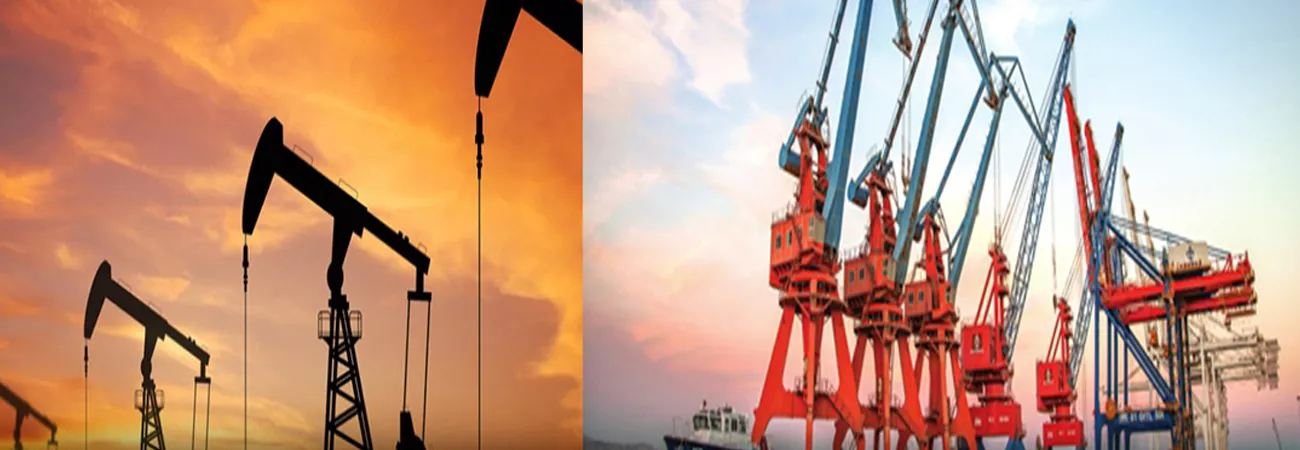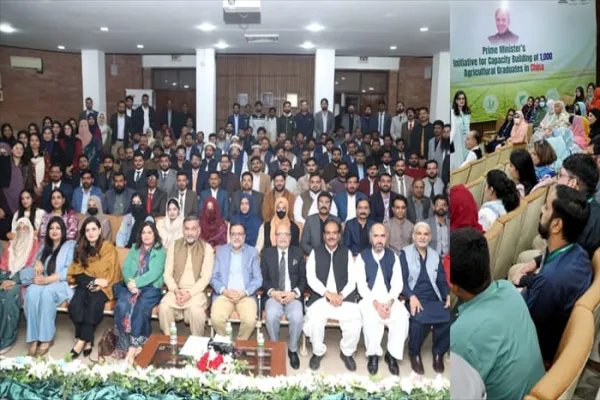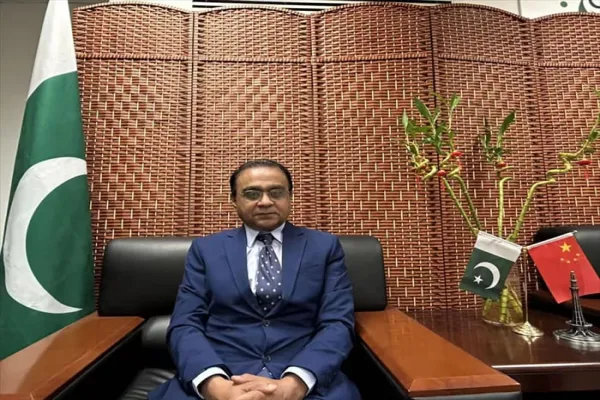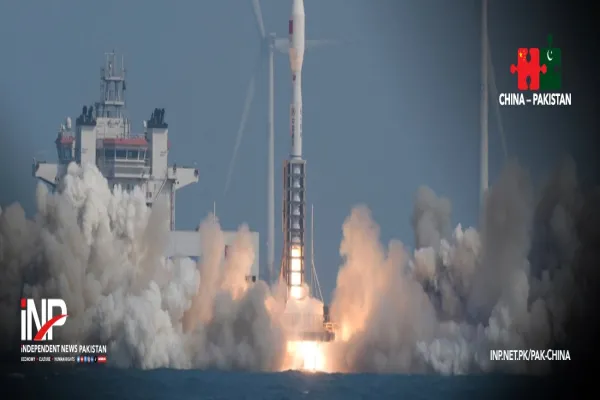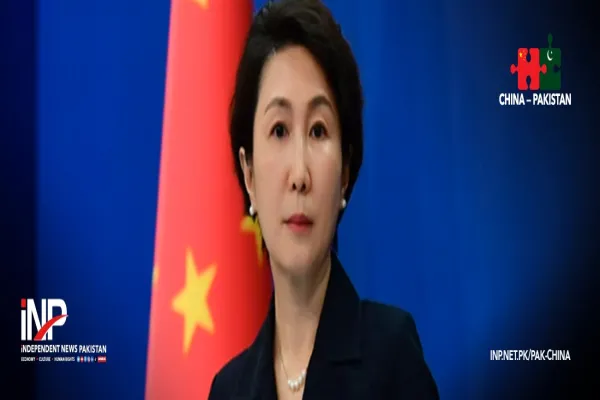i NEWS PAK-CHINA
In order to materialize the $4.5 b oil refinery project in Gwadar, five-member delegation of Chinese Company “East Sea Group Limited (ESGL)” is visiting Gwadar, Gwadar Pro reported on Tuesday.
ESGL official Jason Zhou said that ESGL chief engineer Mr Liu along with other officials will be in Gwadar from December 20. The delegation consisting of technical team with marine engineering, commerce and petroleum professional background will be headed by Group’s General Manager Fang Haixia.
Delegation will stay for three or four days in an effort to tune in conceptual and practical frameworks.
They will hold meetings with leadership of China Overseas Ports Holding Company and Gwadar Port Authority to review the proposed site for the establishment of oil refinery in Gwadar Free Zone phase II.
As per initial plan, ESGL will install 5 million tons capacity oil refinery in Gwadar. Later ESGL will upgrade it with annual oil processing capacity of 8 million tons in Gwadar.
China Overseas Port Hold Company (COPHCO and ESGL have already mutually developed understanding to make things happen at Gwadar Free Zone phase II.
East Sea Group Limited (ESGL) is a diversified multinational company, mainly engaged in energy trade, energy storage logistics and oil refining, and has invested in many countries such as South America, the Middle East and Indonesia.
Chinese entry came at a time when uncertainty was brewing about fate of oil refinery in Gwadar after international players dragged their feet and went indecisive on the offer of establishing oil refinery in Gwadar.
And following Chinese move, many international firms have signaled for interest afresh to develop oil refinery in Gwadar.
Sources in GPA told Gwadar Pro that oil refinery project will be constructed in two phases. The first phase will have an annual refining capacity of 5 million tons. East Sea Group will place at least six crude oil transshipment vessels totaling 2 million tons at Gwadar port in Pakistan every month, starting from and supporting its own oil source business, and will also provide oil transshipment and transshipment services for major Middle East oil producing countries.
According to sources in Ministry of Energy (Petroleum Division), the refinery will provide a substantial storage capacity to Pakistan, enabling it to maintain reserves for longer time and save foreign exchange.
The multi-billion dollar project, upon implementation will provide an impetus to further investment in the petrochemical industry in Gwadar.
In order to greenlight the mega project by government of Pakistan, concerned institutions are gearing up to scrutinize the detailed business plan and feasibility study for further processing.
For this purpose the services of an international consultant has already been hired and both documents are in the process of preparation. For planning and construction, Oil and Gas Regulatory Authority (OGRA) will fulfil the licensing requirements under OGRA Ordinance 2022.
The move of launching the oil refinery seems to have encouraged other foreign investment that had stalled due to many reasons in the oil refinery sector during recent past.
In January 2019, Saudi Arabia’s Energy Minister Khalid Al-Falih announced that the Arab nation was planning to set up a $10 billion oil refinery in Pakistan’s deep-water port of Gwadar. However, the plan was rolled back.
Later it was indicated with vagueness that instead Gwadar, oil refinery may be established somewhere else in Pakistan.
As a bolt from the blue, few days back Saudi Arabia has sprung back into action with signaling renew engagement to come up with oil refinery project in Gwadar amid fresh activism of newly appointed Secretary Petroleum Capt (r) Muhammad Mahmood. On October 27, Federal Minister for Finance and Revenue Senator Mohammad Ishaq Dar also held a virtual meeting on First Joint Economic Sub Committee of the Saudi – Pakistan Supreme Coordination Council with HRH Prince Abdulaziz bin Salman bin Abdulaziz, Minister of Energy Kingdom of Saudi Arabia.
Meanwhile the UAE has also shown willingness to set up a deep-conversion, state-of-the-art refinery that would have an output of 500,000 barrels per day in Hub (a town in Balochistan with Pak-Arab Refinery Limited (PARCO).
Currently, there are five local players operating in the oil refining sector in Pakistan including, Pak-Arab Refinery Limited (PARCO), Attock Refinery Limited (ARL), National Refinery Limited (NRL), Pakistan Refinery Limited (PRL) and Cnergyico Pk Limited (CPL). All of the refineries are hydro skimming refineries, except for PARCO which is a mild-conversion refinery.
Pakistan’s oil refining capacity is about 450,000 barrels per day (bpd), equivalent to 20 million tons per annum. Local refineries have supplied about 60 percent of the country’s requirements of Diesel, 30 percent of Motor Gasoline and 100 percent of Jet fuel for defense.
The rest is imported as refined products. Pakistan has been importing significant volumes of petrochemicals, worth more than USD 2 billion annually, as there is no primary petrochemical production facility in Pakistan.
Credit: Independent News Pakistan-INP



